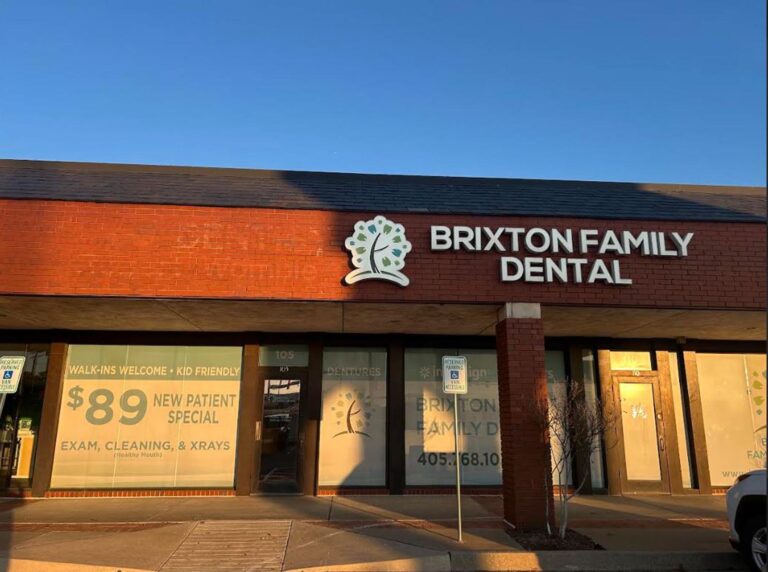The Facts on Dental Implants
Suppose you have lost a tooth or multiple teeth because of decay, injury, or other dental issues. In that case, dental implants offer a long-lasting and natural-looking way to restore your confidence and oral health. Let’s explore what dental implants are, why they are used, and what you can expect from the procedure.
What Are Dental Implants?
Usually made of titanium, dental implants are surgically placed into the jawbone to replace tooth roots and provide a strong foundation for replacement teeth, whether a single crown, bridge, or full denture. Because implants fuse with the bone, they offer a stable and durable solution with full functionality.
Implants do not rely on surrounding teeth for support like traditional dentures or bridges, which makes them a preferred option for many patients looking for permanent tooth replacement.
Why Are Dental Implants Used?
Dental implants have a variety of benefits, including:
- Replacing Missing Teeth: Whether you are missing one tooth or several, implants restore the appearance and function of your smile.
- Improving Oral Health: Gaps left by missing teeth can lead to bone loss and shifting of adjacent teeth, which can cause further dental problems. Implants help preserve jawbone structure and prevent these issues.
- Enhancing Comfort and Stability: Unlike dentures that can slip or feel uncomfortable, implants are anchored securely in the jaw, providing a natural and stable bite.
- Creating Long-term Durability: When properly cared for, dental implants are designed to last a lifetime, making them a cost-effective solution in the long run.
- Boosting Confidence: Missing teeth can affect self-esteem, speech, and eating habits. Implants restore both function and aesthetics, allowing you to smile freely without worry.
How Does the Dental Implant Procedure Work?
The dental implant procedure involves several steps, typically completed over a few months. First, your dentist will evaluate your oral health, take X-rays, and discuss whether you are a good candidate for implants. Factors like bone density, gum health, and overall medical history will be considered. If you lack sufficient bone to support an implant, you may need a bone graft before proceeding.
During the implant procedure, your dentist will insert a titanium post into the jawbone where the missing tooth once was. A local anesthesia is used to ensure minimal discomfort. The healing process, called osseointegration, typically takes a few months and allows the implant to bond with the bone.
Once the implant has fused with the jawbone, a small connector called an abutment is placed on top of the implant to serve as the attachment point for the replacement tooth. A custom crown, bridge, or denture is then attached to the abutment. This final restoration matches the color, size, and shape of your natural teeth, providing a seamless and natural-looking smile.
When fully healed, dental implants should be cared for just like natural teeth. Brushing twice daily, flossing daily, and regularly visiting your dentist will help keep your implants and oral health in excellent condition.
Are Dental Implants Right for You?
Dental implants are an excellent option for many individuals, but they may not be suitable for everyone. Ideal candidates have good oral health, sufficient bone to support the implant, and a commitment to maintaining good dental hygiene. Patients with diabetes, heavy smokers, or those undergoing radiation therapy may need additional evaluation to determine if implants are a safe option. You can view recommendations from the FDA here.
Your Oral Health Is Our Top Priority
If you want to achieve your ideal smile, request an appointment today and learn if dental implants are right for you. Our expert team is here to answer any questions and make your experience as comfortable and convenient as possible.

